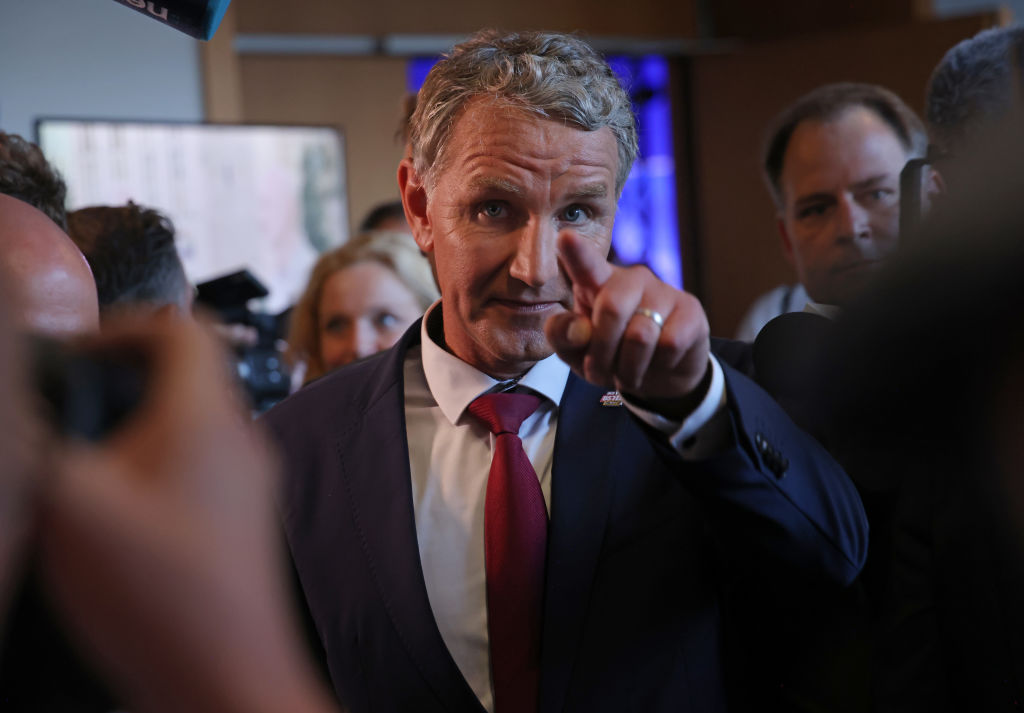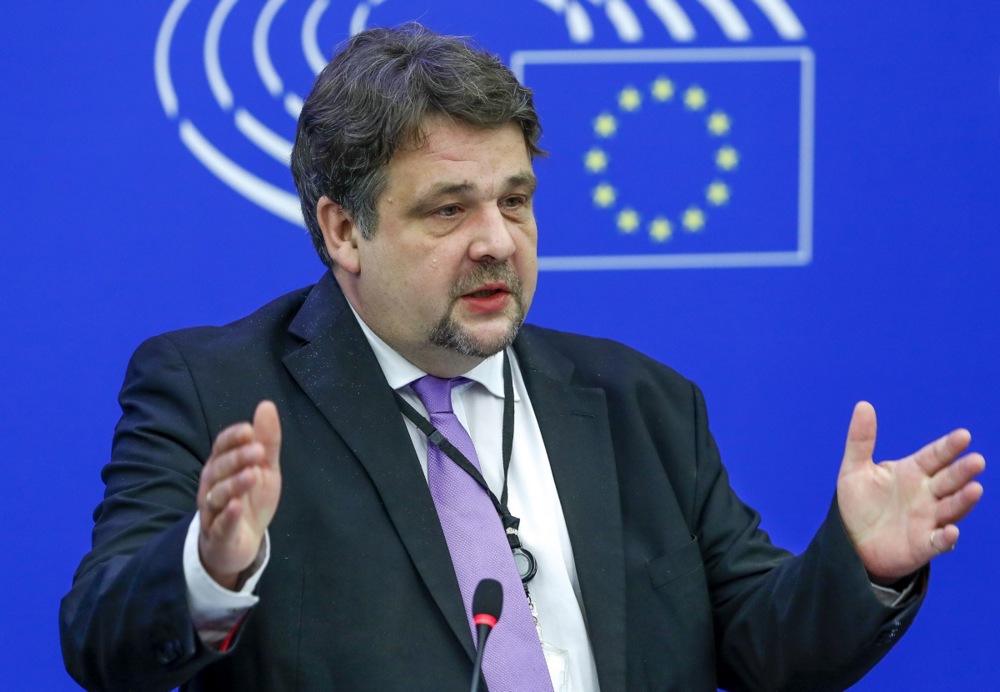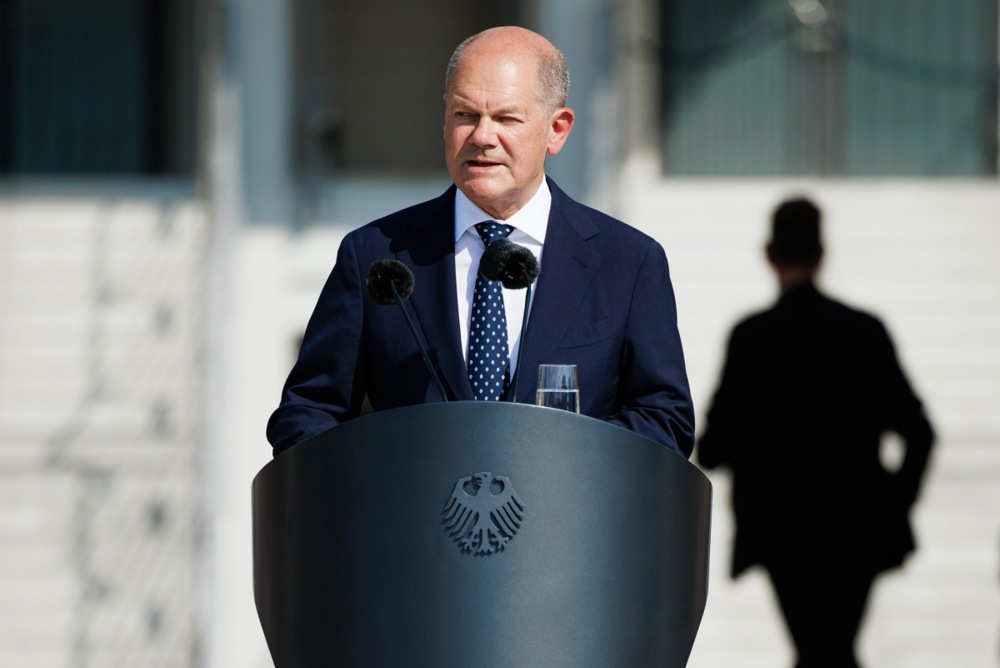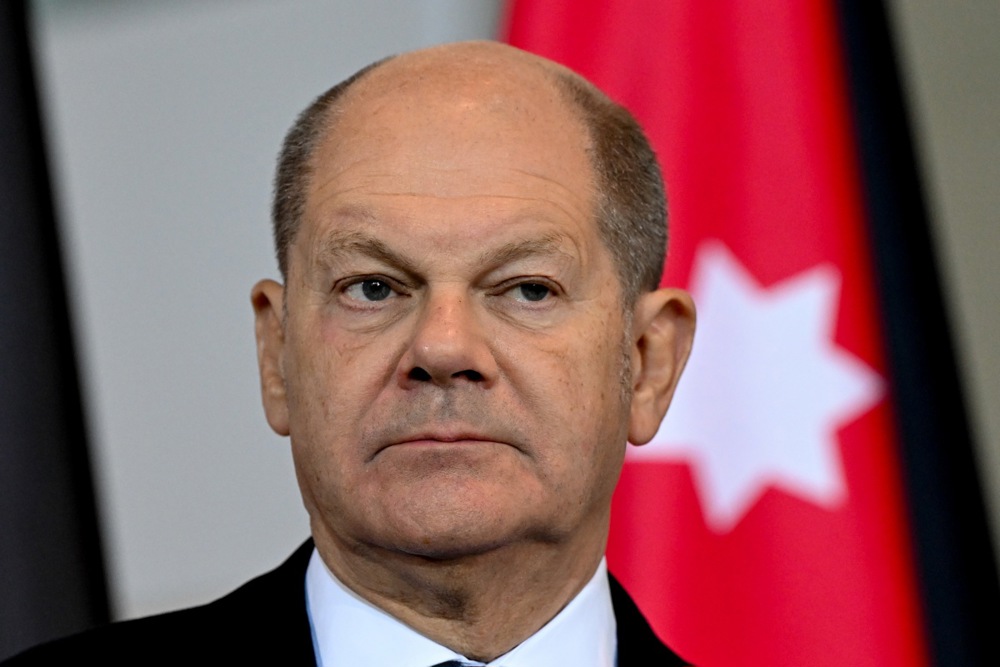After the dismal results in the State elections of Saxony and Thuringia, Social Democratic Party (SPD) parliamentarians are starting to question German Chancellor Olaf Scholz’s leadership.
At the start of the Socialist parliamentary group retreat marking the end of the Bundestag summer break, MPs discussed Scholz — who leads the unpopular “traffic-light coalition”, a progressive government of Socialists, Greens, and Liberals — with questions being raised about the chancellor’s future viability.
While SPD parliamentary group leader Rolf Mützenich said at the start of the event on September 5 that he “absolutely supports” Scholz, others were less enthusiastic about the situation.
One SPD MP was anonymously quoted saying people had lost trust in the Socialist Party and that needed to be regained. He said if the current members were unable to achieve this, “then we have to think about who we can do it with”.
Another MP reportedly called the exercise useless, asking: “What’s the point?” because, she claimed, Scholz remained deaf to their protestations.
…people feel unsafe when they attend public festivals and encounter groups of disrespectful, mostly foreign men blocking the sidewalks in their neighbourhood, while our citizens have to walk around them in their own country.
One key point of discussion was the SPD’s poor result in the state elections at the start of September, where the party scored 6.1 per cent of the vote in Thuringia and 7.3 per cent in Saxony.
In Thuringia, the score was SPD’s lowest ever in a German State election.
Many party members now fear new problems in Brandenburg, where State elections will be held on September 22. Currently, the SPD is the biggest party in the State, holding 26.2 per cent of the vote but the latest polls indicate a decline and a further rise of the hard-right Alternative for Germany (AfD) party.
The SPD has been in power and providing State premiers in Brandenburg since 1990.
In addition, national polls have also indicated a major setback in 2025, when general elections will be held. Some polls indicate the Socialists could lose half of their members in the German Parliament.
German State elections in #Saxony and #Thuringia saw the hard-right Alternative for Germany (AfD) party make big gains while anti-establishment firebrand Sahra Wagenknecht’s new party (BSW) also performed well.
Full article ?? https://t.co/nL8eZStceI #Germany #elections pic.twitter.com/m1x8Z1JfmR
— Brussels Signal (@brusselssignal) September 2, 2024
During the discussions on what needed to happen to improve the situation and what had gone wrong, many stressed to Scholz how serious they felt the situation was, while the chancellor himself gave a speech of around 20 minutes promising to spur improved Social-Democratic results.
After the debate, Bundestag member Mahmut Özdemir went on Facebook to bemoan the actions of his own party on issues such as security.
“We try to downplay the fact that unemployment benefits are actually not much lower than wages from honest work. But people feel differently when they see that you can live almost as well unemployed as when you’re working,” he said in an online post.
“We can understand and explain why foreign criminals are still in the country and have not been deported to their homeland. However, people feel unsafe when they attend public festivals and encounter groups of disrespectful, mostly foreign men blocking the sidewalks in their neighbourhood, while our citizens have to walk around them in their own country.”
“We appear powerless against corporations and managers who, despite receiving billions in state subsidies (€2 billion from the federal and state governments!), willingly accept dependence on Chinese and Indian steel by irresponsibly dismantling our basic materials industry and reducing significant capacities in tons of steel per year.”
Özdemir continued: “Leadership that has been watching for a decade and a half as the SPD experiences declining membership and decreasing support among the population must recognize its responsibility.
“We need the courage to honestly describe our situation: People do not trust us!”
According to him, people needed to experience change, benefit from increased wealth, better security on the streets and improved prospects for the future if the public was to regain trust in his party.
Politicians within the SPD are now trading accusations over their electoral failure.https://t.co/CXvJ91zTUQ
— Brussels Signal (@brusselssignal) June 17, 2024
Another prominent MP, SPD co-leader Lars Klingbeil, indicated he wanted to push Scholz harder from now on. He was quoted saying it “bothers him insanely” that his party was “constantly” on the defensive.
Another Socialist was quoted saying: “The mood is depressing” but everything was reportedly being kept under wraps ahead of the Brandenburg election.
Meanwhile, Dietmar Woidke, SPD state prime minister and top candidate in Brandenburg, did not visit the retreat, with some viewing the decision as indicating that he is unwilling to make a joint election campaign appearance with Scholz.
“As if the federal SPD and its top personnel were toxic,” the unnamed Socialist reportedly said regarding the PM’s absence.
The survey published on July 22 was conducted among 1,001 party members. Just 33 per cent said they would support Scholz again as chancellor in the upcoming German general elections in 2025.https://t.co/uKeBI88Jxv
— Brussels Signal (@brusselssignal) July 22, 2024





